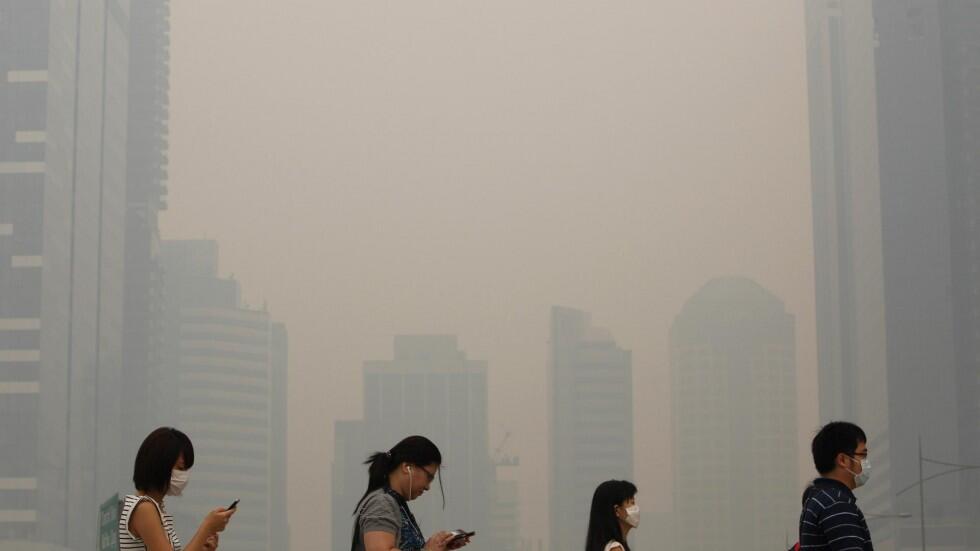For elderly people in Hong Kong, long term exposure to fine-particle air pollution is tied to an increased risk of dying from many cancers, including breast, liver and pancreatic cancer, in addition to the expected lung cancer risk, according to a new study.
“We assumed a number of sites would be affected, but outside of the expected lung and upper GI cancers, we were unsure which cancers would show an association, so this really helps highlight the breadth of involvement of particulates in the development of cancer,” said co-lead author G. Neil Thomas, from the Institute of Applied Health of the College of Medical and Dental Sciences at The University of Birmingham in the UK.
Ultrafine particles can pass into the blood stream and have the potential to impact any part of the body, Thomas told Reuters Health by email.
The researchers began following more than 66,000 people age 65 and older in Hong Kong between 1998 and 2001 and tracked them through 2011. They used satellite data and site monitors to estimate fine particulate matter in the air at the subjects’ homes.
They focused on fine particulate matter, or PM2.5, which is produced by motor vehicles, power plants and other industrial combustion, according to the U.S. Environmental Protection Agency.
After accounting for smoking status, the researchers found that as a subject’s home exposure to fine particles in the air increased, so did the risk of dying from any cancer, including cancer of the upper digestive tract, liver, bile ducts, gall bladder and pancreas.
As fine particulate concentrations increased by 10 micrograms per cubic meter, a woman’s risk of dying from breast cancer increased by 80 percent, while a man’s risk of dying from lung cancer increased by 36 percent, according to a report released by the journal Cancer Epidemiology, Biomarkers & Prevention.
“Biologically there is no reason to suggestion such observations wouldn’t apply to younger people,” Thomas said. “It is important though to remember that cancers are chronic diseases and thus it takes years between the exposure to the particulates to the development of a diagnosable cancer.”
Data from other populations and countries has been similar, he said.
According to the Clean Air Act in the U.S., the average annual concentration of fine particulate matter in the air should be 15 micrograms per cubic meter or lower. In Hong Kong, average annual particulate matter should not exceed 35 micrograms per cubic meter according to the Air Pollution Control Ordinance.
“In Hong Kong the PM2.5 concentrations are not comparable to those in North America or Europe,” said Giulia Cesaroni of the epidemiology department of the Regional Health Service of the Lazio Region in Rome, Italy, who was not part of the new study. “The (World Health Organization) suggested a limit value of 10 micrograms per cubic meter for PM2.5, and study participants are exposed to a mean value of 34 micrograms per cubic meter.”
“However, associations between air pollution and cancer risk have been found in other settings at low concentrations,” Cesaroni said.
The EPA provides air quality index forecasts for the U.S. at airnow.gov.
Particulate matter can cause cancer because it often contains toxic chemicals and causes inflammation, among other mechanisms, Cesaroni told Reuters Health by email.
“At an individual level the strongest risk factors for cancer are smoking and diet,” she said. “However, at a population level, given the wide distribution of exposure, even a small increase in risk can result in a large number of cases.”
Pollution also increases the risk of cardiorespiratory disease, Thomas said.
“The risk is not as great as that from smoking tobacco (and quitting greatly improves health of those smoking and those exposed to the second hand smoke) but is clearly present,” he said.
SOURCE: bit.ly/1SX4se1 Cancer Epidemiology, Biomarkers and Prevention, released April 29, 2016, REUTERS Health











